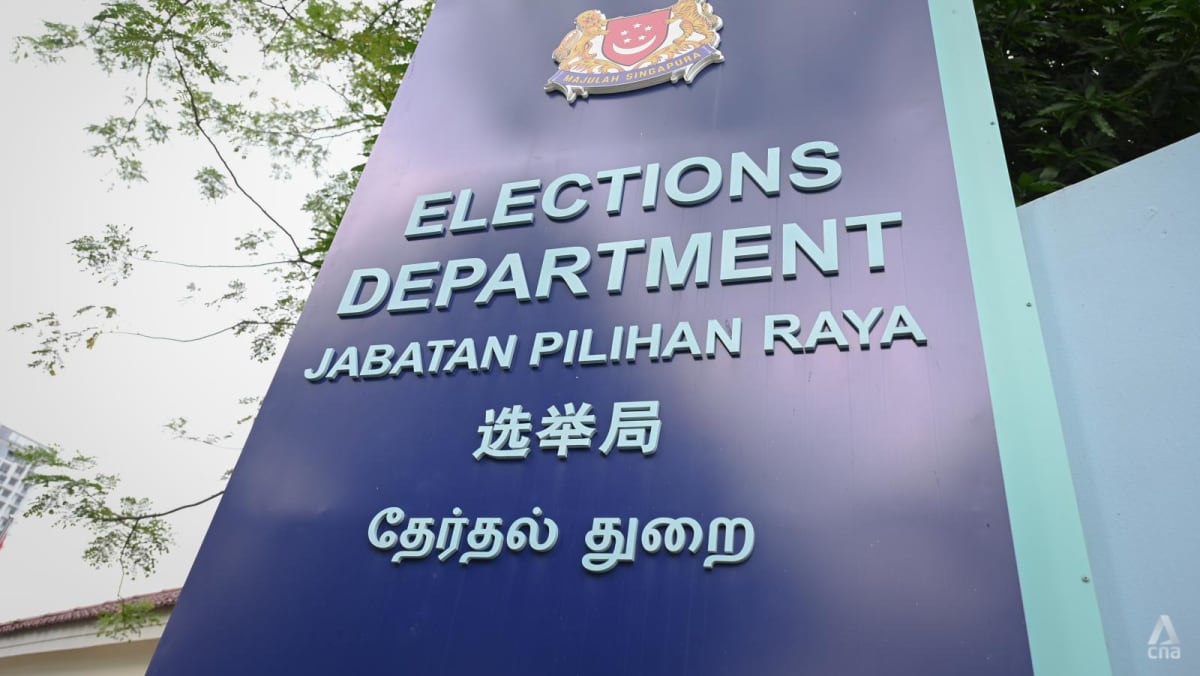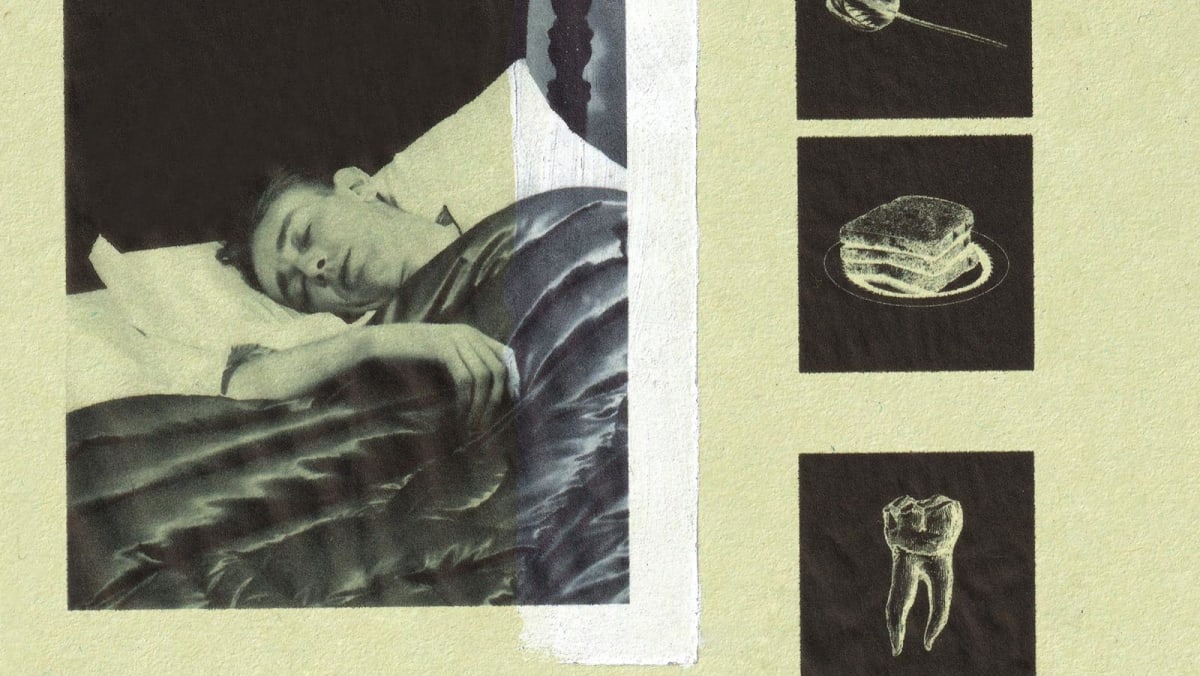Dr Games said that stress is one of the most significant contributors to the hormonal imbalances and emotional fluctuations women experience during perimenopause, so learning effective techniques to manage stress is crucial.
She recommended mindfulness practices such as deep breathing, meditation and body awareness exercises.
“By fostering an awareness of the present moment and promoting relaxation, mindfulness can help reduce the negative impact of stress on the body and mind,” she explained. “Furthermore, mindfulness-based techniques can help women develop greater emotional regulation which has a knock-on effect of improving mood and reducing the intensity of emotional fluctuations.”
Dr Games advised that CBT and mindfulness-based techniques be part of a holistic treatment plan incorporating exercise, nutrition and other lifestyle factors.
PERIMENOPAUSE HELP #4: WELLNESS PRACTICES
Julie Low, senior physician at Oriental Remedies Clinic, explained how, in traditional Chinese medicine (TCM) theory, perimenopause symptoms are often attributed to a decline in kidney energy, particularly kidney yin energy, which disrupts the balance of yin and yang in the body.
Herbal medicine, acupuncture and moxibustion (a form of heat therapy where dried plant materials are burned on or very near the skin) help address hot flushes, night sweats, poor sleep, mood swings, fatigue and stress.
Low recommended incorporating yin-nourishing foods like black sesame seeds, goji berries and walnuts to support kidney health and improve overall vitality.
Also, reduce your intake of fried and spicy foods to help manage heat buildup in the body, especially if you’re dealing with hot flushes and night sweats.














